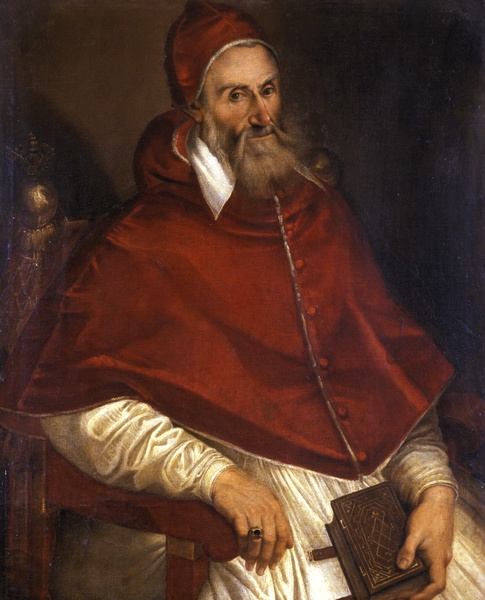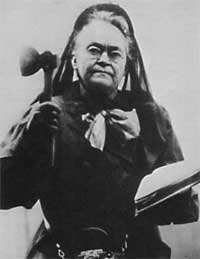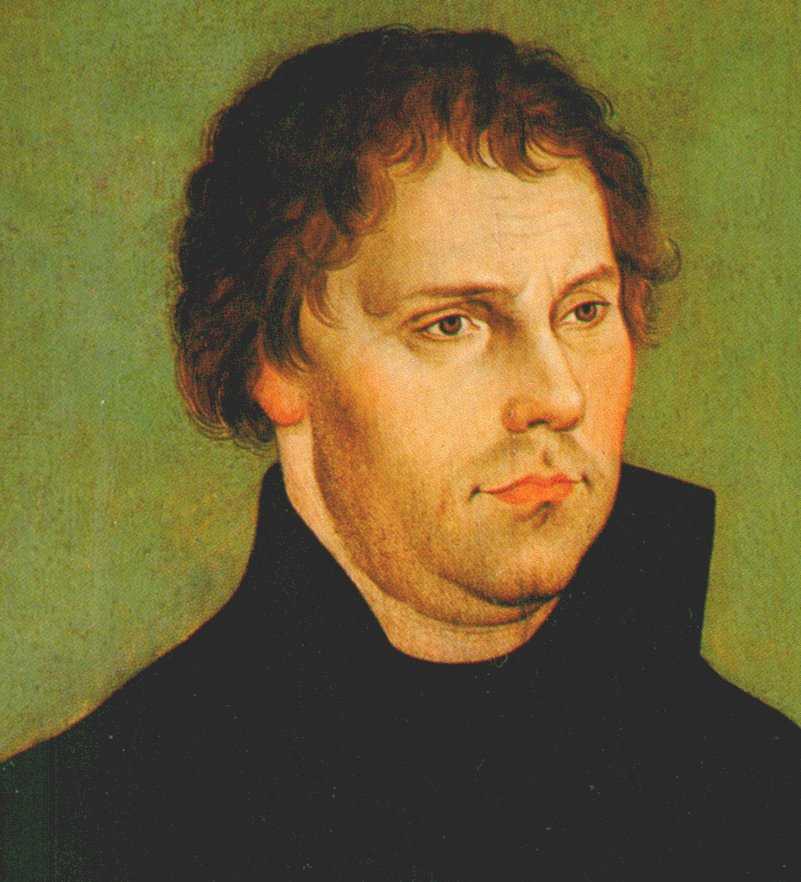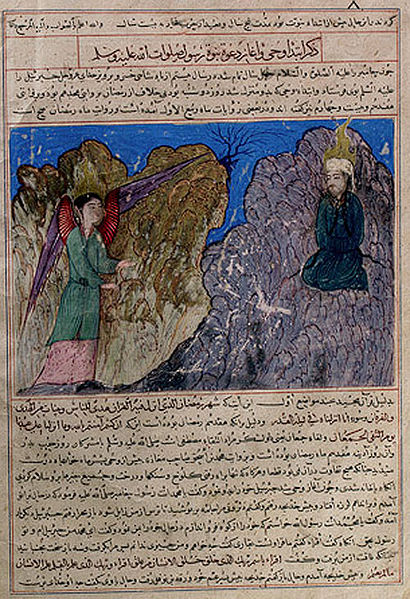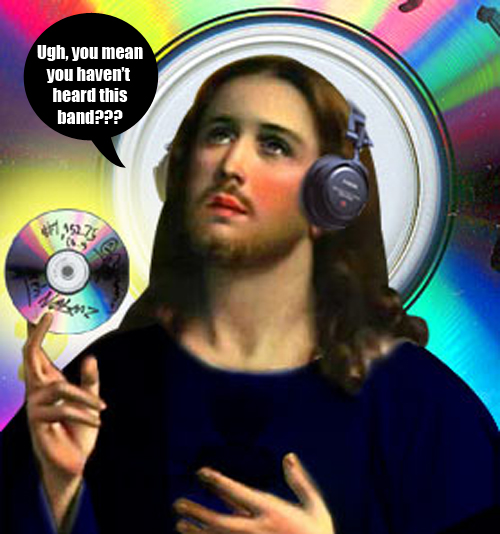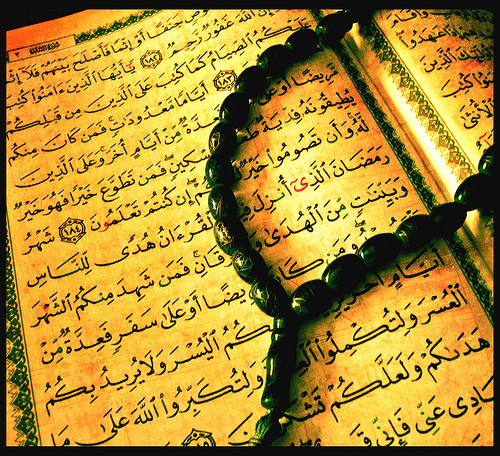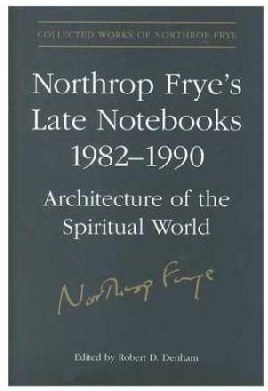
A page from the Koran, ca. 800
Further to an earlier post, Bob Denham has compiled a collection of quotes on Islam and the Koran which can be found in the Denham Library here.
Below is a selection on Judaism, Christianity and Islam:
[69] In my R.K. [Religious Knowledge] course is a clever & plausible remark about the Koran: suras arranged in order of length only means that if the Koran is the Word of God, God doesn’t give a damn about narrative sequence. Hence the rise of narrative literature and of causality structures (science) in the Christian culture founded on the Bible. There may be still something in this; but it may be balls too. After sura 1, an obvious opening invocation, sura 2 outlines the same old fall-exodus recapitulation, sura 3 adds Xy [Christianity] to it; sura 4 deals with points of law like Leviticus, and so on. It’s just possible that the length-order is the right one, moving from a sort of East Coker laying down of the law, in roughly continuous prose, toward a shower of lyrical apocalyptic sparks, charms, riddles, curses, etc. (Northrop Frye’s Notebooks on the Bible, CW 13, 85)
[310] Sex books in a bookshop are not there to tell you anything you don’t know; they’re there to keep your mind on the subject. Similarly with devotional literature, Christian & Marxist. Myths of concern [?]-clouds. This is an extension of the dissociation-by-repetition principle (95–6 on the Koran [par. 294]) that repetition charges the emotional batteries & suspends the critical faculties. What I tell you three times is true. What I tell you three hundred times is profoundly true. (Northrop Frye’s Notebooks on the Bible, CW 13, 198)
[349] Just as in the Bible we cannot distinguish the voice of God from the voice of the Deteronomic redactor, so in the Koran we cannot distinguish the voice of the angel Gabriel from the voice of Mohammed in a bad temper. (Northrop Frye’s Notebooks on the Bible, CW 13, 205)
[353] Resurrection, the opposite of rebirth, is the genuine form of reincarnation. In accepting incarnation Xy establishes the pattern of resurrection which (for instance) Islam doesn’t have. (Northrop Frye’s Notebooks on the Bible, CW 13, 206)
[22] Xy absorbed so much that Judaism (like Islam later) excluded. The internalized imagery of the ancient cave returned in the cathedral, whereas the Holy of Holies remained dark: the Mother returned in far greater force, along with the dying god: the totemic identification of human & animal victim is kept separate in the Akeda [binding of Isaac] and Passover: the blood sacrifice is similarly absorbed into the harvest-vintage ones. In short, there’s a real catholicity that gives it the resources of a world religion. It has the power to transcend itself: Judaism hasn’t. More accurately, and gratefully, it did transcend itself in the Christian Word & Spirit (NOT the Church). (Northrop Frye’s Notebooks on the Bible, CW 13, 370)
So the narrative unity of the Bible, which is there in spite of the miscellaneous nature of its content, was something that I stressed. And that concern for narrative seems to me to be distinctive of the Bible among other sacred books. In the Koran, for example, the revelations of Mohammed were gathered up after his death and arranged in order of length, which suggests that revelation in the Koran pays no attention to narrative continuity—that’s not what it is interested in. But the fact that the Bible is interested in it seems to be significant for the study of literature and for many other reasons. (“Symbolism of the Bible,” Northrop Frye’s Notebooks on the Bible, CW 13, 418)
The New Testament was written in Greek by writers whose native language probably was not Greek. The kind of Greek they wrote was called koine, the popular Greek which was distributed all through the Near Eastern countries as a kind of common language. The writers of the New Testament may have been familiar to differing degrees with the Hebrew text of the Old Testament, but when they quoted from the Old Testament they tended to use the Septuagint. And that is the beginning of a principle which is rather important for the history of Christianity. In any sacred book, there is enough concentration in the writing, and enough attention paid to it by those who accept it as sacred, for the linguistic characteristics of the original language to be of great importance. Any Jewish interpretation or commentary on the Hebrew Old Testament inevitably takes great care to study the linguistic nuances of the Hebrew original, and similarly with the Koran, which is so bound up with the linguistic characteristics of Arabic that in practice the Arabic language has had to go everywhere that the Islamic religion has gone. (“Symbolism of the Bible,” Northrop Frye’s Notebooks on the Bible, CW 13, 419)
The Exodus gives to the Biblical religions that curiously revolutionary quality which Judaism and Christianity and Islam all have to some degree: and we saw that a nation which has gone through that kind of revolutionary experience becomes a nation with a very strong sense of its own corporate unity because of the experience which its people have shared. Thus, law becomes really the antitype of the birth of Israel at the deliverance from Egypt, or the reality to which it points. (“Symbolism of the Bible,” Northrop Frye’s Notebooks on the Bible, CW 13, 584–5)
